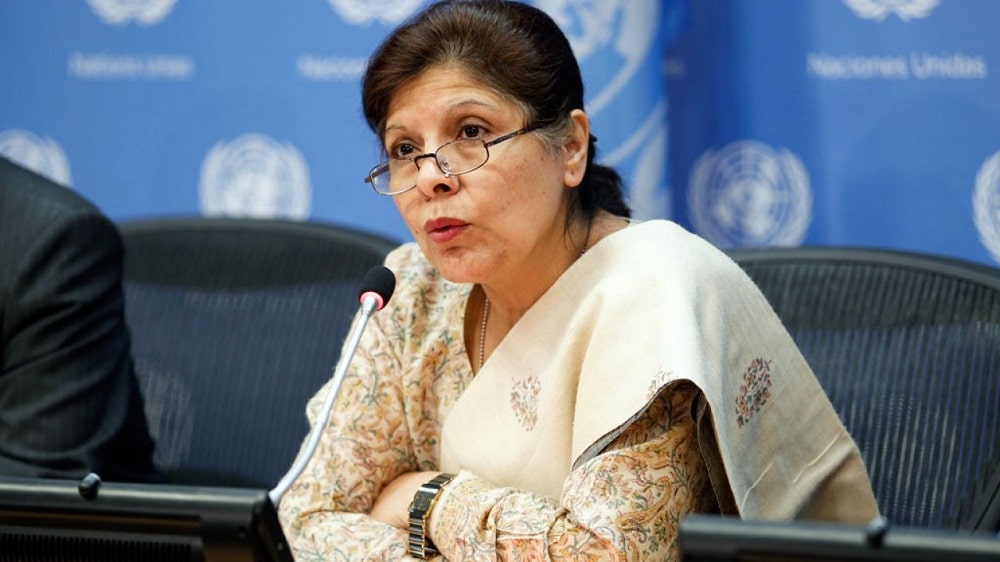- Web Desk
- Feb 24, 2026
Pakistan’s top companies can woo big investors to bridge financial divide: FM
-

- Hum News
- Nov 02, 2023

KARACHI: Caretaker Finance Minister Dr Shamshad Akhtar highlighted the complex financial challenge that Pakistan confronts, balancing its climate finance needs with those of development.
According to Dawn.com, Dr Akhtar expressed the need for Pakistan to be mindful of the difficulties in securing funding for climate-related initiatives, acknowledging that seeking resources for climate finance can compete with other vital development financing requirements.
Speaking at the second Pakistan Climate Conference organised by the Overseas Investors Chamber of Commerce and Industry (OICCI), Dr Akhtar suggested that Pakistan should leverage its top-tier firms to attract institutional investors’ financing and bridge a substantial financial gap.
Read More: Seminar highlights role of CPEC in enhancing Pak-China cooperation
She said that the country is estimated to require approximately $340 billion for addressing climate and development challenges between 2023 and 2030. This amount amounts to 10 per cent of the cumulative GDP for the same period, despite Pakistan being responsible for less than 1 per cent of global greenhouse gas emissions.
Dr Akhtar pointed out that the projected total cost of implementing Pakistan’s nationally determined contribution (NDC) under the Paris Agreement is nearly $200 billion by 2030. Currently, only $39 billion in public finance and $9 billion through public-private partnerships are expected to be allocated for climate mitigation and adaptation efforts over the next decade.
Pakistan has already initiated certain green finance projects, such as the issuance of dollar-denominated green Eurobonds by the Water and Power Development Authority (WAPDA).
Dr Akhtar mentioned that another international bond issuance could result in high costs due to sovereign issues. Instead, the government is considering raising funds through the Pakistan Stock Exchange (PSX) by offering government securities, Islamic finance, and green finance instruments.
Dr Akhtar emphasised that climate vulnerability and sovereign debt are significant aspects of international financial discussions. Pakistan is categorised as a climate-vulnerable country while also facing the challenge of being debt-distressed, with a high cost of borrowing and a substantial portion of revenue being used for loan repayment and interest.
Despite global discussions on debt resolution, Dr Shamsahad Akhtar stressed that declaring a debt default was not a viable option for Pakistan. Defaulting has its own consequences and complications, including freezing financial inflows. She underlined the importance of finding a constructive solution to Pakistan’s financial challenges.




